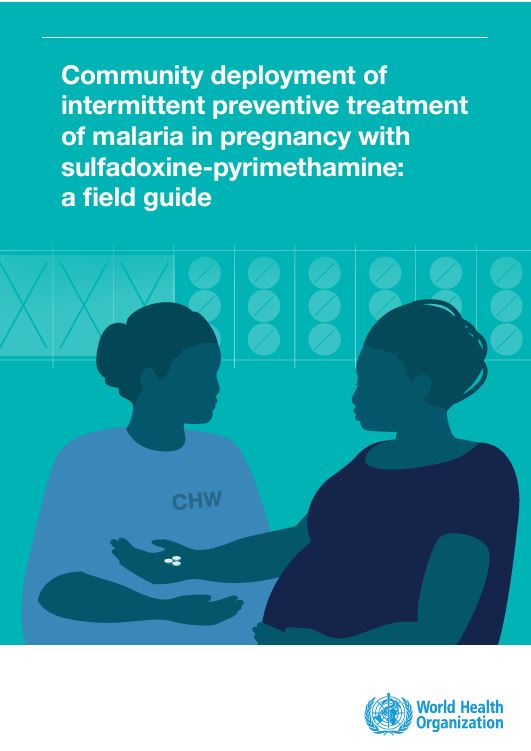Last Updated: 26/08/2024
Developing inhibitors of Plasmodium Acetyl CoA Synthetase as new multistage antimalarials
Objectives
The aim of this proposal is to develop compounds with the potency, pharmacokinetics and predicted human dose and exposure required for the treatment of malaria (milestone 1). Then the synthesis of two lead compounds will be scaled up and profiled through more detailed efficacy, pharmacokinetic and solid-state characterisation studies and assess their resistance risk (milestone 2).
There were approximately 241 million cases of malaria and 627,000 deaths worldwide in 2020. The reduction in malaria incidence and mortality has stalled in the past five years and resistance to the current standard of care is rising in southeast Asia and Africa. There is an urgent need for new antimalarial agents with novel modes of action for treatment and prophylaxis. It has recently been shown that P. falciparum acetyl-CoA synthetase is essential for the survival of malaria parasites and we reported two inhibitors of this enzyme with activity in multiple life-cycle stages of the parasite, giving potential for treatment and chemoprotection. However, these P. falciparum acetyl-CoA synthetase inhibitors are not sufficiently potent and do not have the properties required for an oral drug. One of these PfACS inhibitors was selected for optimisation, MMV019721 a fast-acting compound with moderate activity against the malaria parasite. More potent analogues with improved properties have been identified that can be dosed orally, and we are confident that the series has potential for further optimisation towards a preclinical candidate. Further, the project is now structurally enabled, using a homologue of the parasite enzyme, which should greatly facilitate optimisation. At the end of this project, the aim is to deliver a declared late lead compound according to the Medicines for Malaria Venture (MMV) Late Lead Criteria. A fast-acting inhibitor of acetyl CoA synthetase with blood and liver stage activity meets the requirements for the MMV target candidate profiles for blood stage killer (TCP1).
Jul 2023 — Dec 2025
$2.91M

